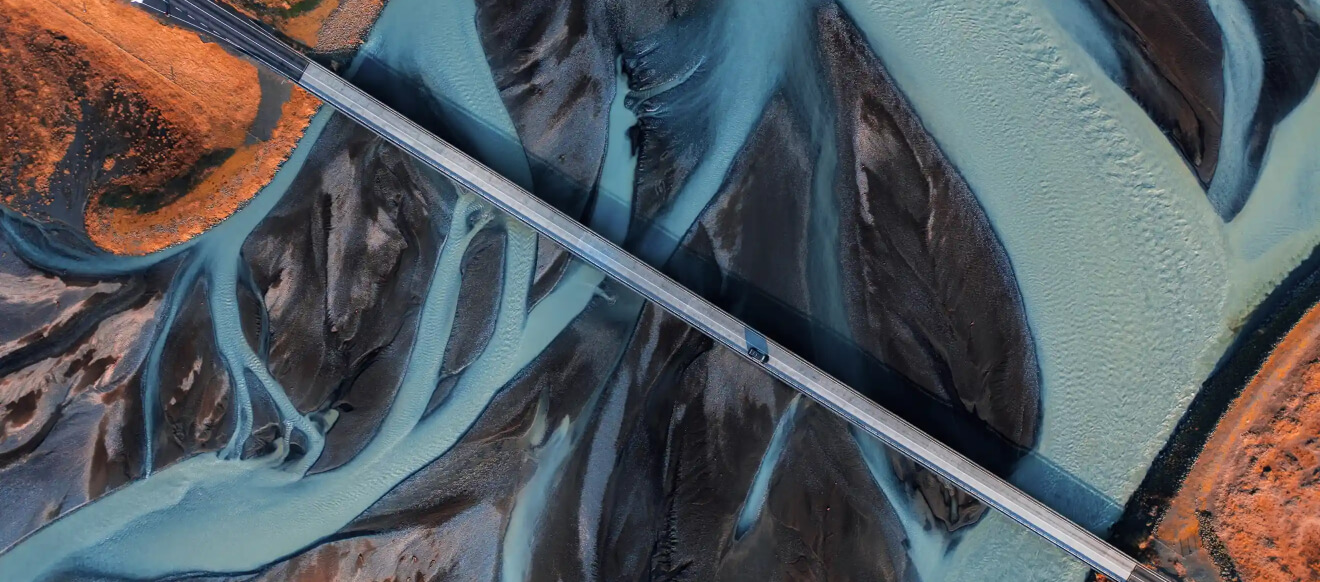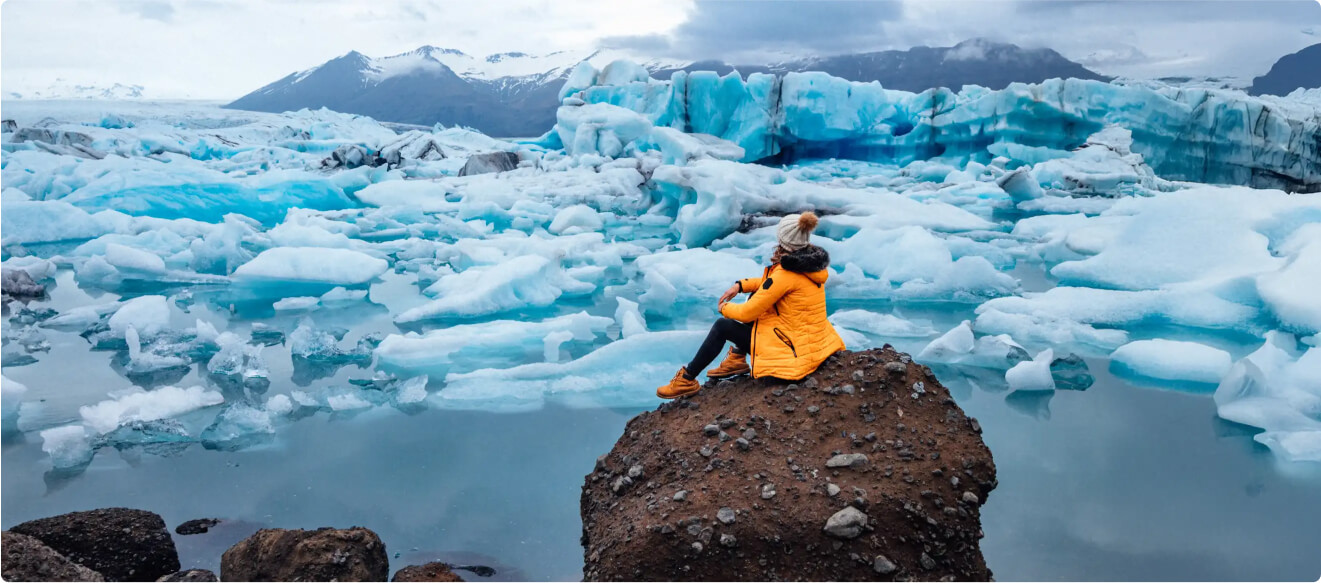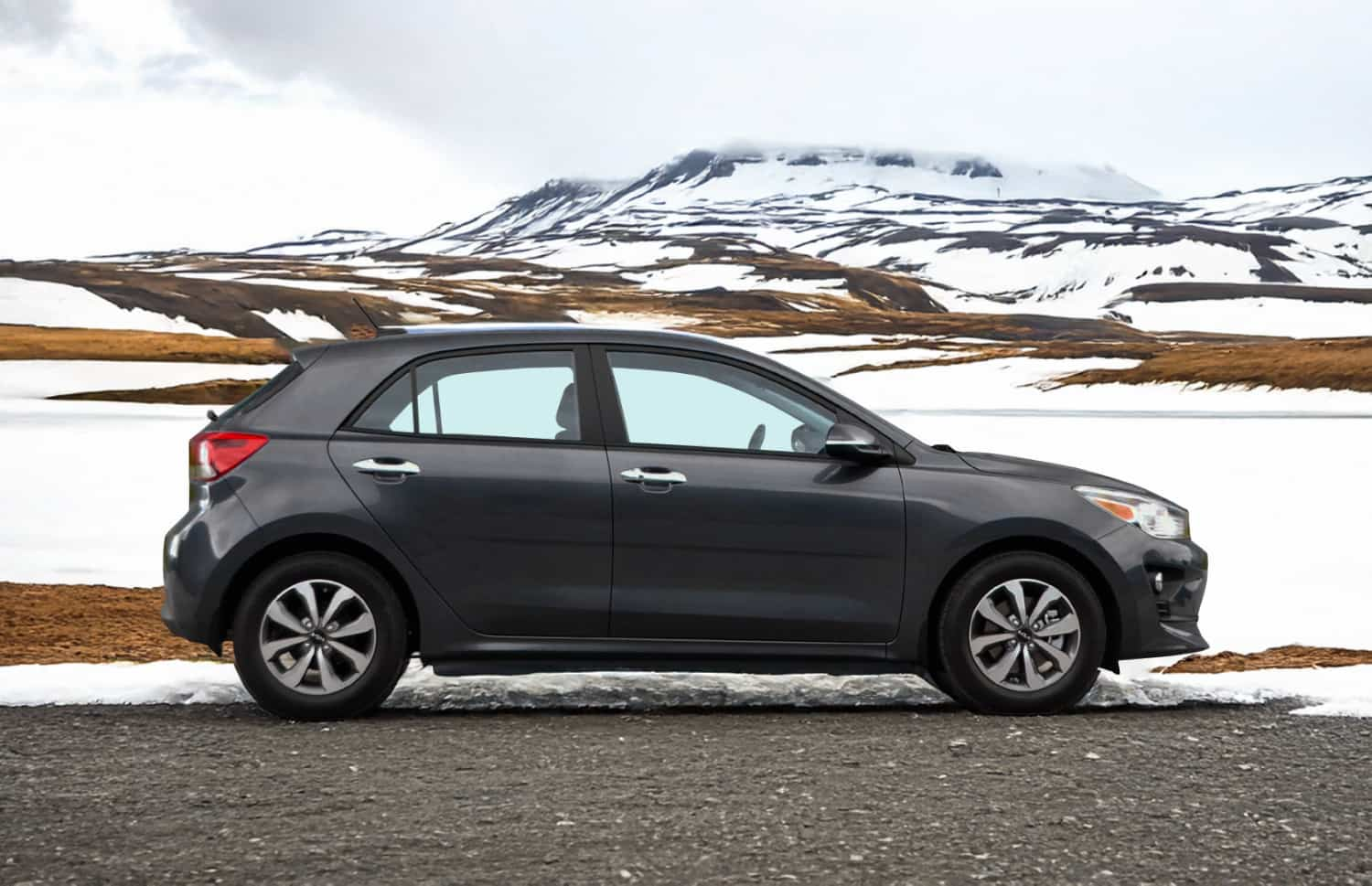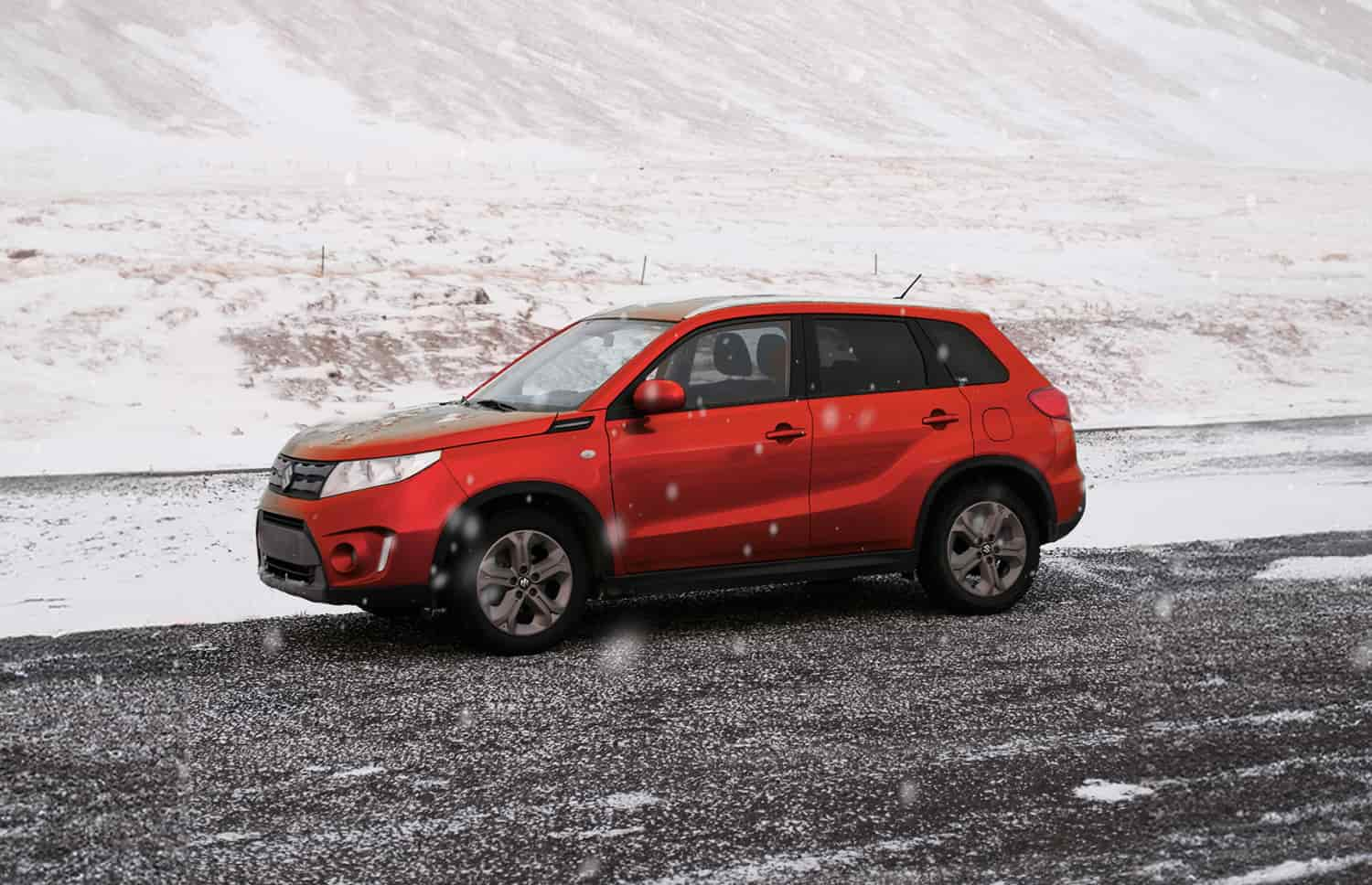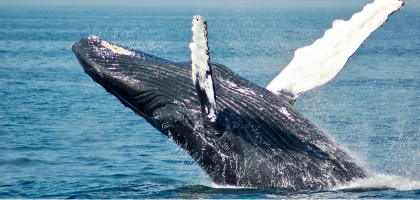What do they speak in Iceland? What does the Iceland language look like and sound like? And is it as difficult as everyone says? Iceland’s official language has a very interesting story and some unusual aspects. We'll cover everything from the history of the language to how to say hello in Icelandic to the one word you absolutely must know. Let's dive into the language that descended from the Vikings.
What language is spoken in Iceland?
So what do they speak in Iceland? The official language of Iceland Is Icelandic. The primary language in Iceland is spoken by our nearly 340,000 inhabitants and is our native language. While you will find foreign-language speakers here, the majority of the population speaks Icelandic. In fact, in 2011 Parliament adopted a law that made it the official language in Iceland.
The Icelandic deaf community was also represented with Icelandic Sign Language being recognized as a protected minority language. It has the same constitutional rights and protections as the traditional Icelandic language.
Under Danish rule, Danish was also a minority language in Iceland. In post-independence Iceland, it's only spoken at home by a small number of residents.
The Icelandic alphabet and Icelandic pronunciation
The Icelandic alphabet looks mostly like other languages that have a Roman alphabet, as Icelandic letters are written in Latin script. There are a few exceptions, which are remnants from Viking times and runic characters.
Some of these runic characters gave way to symbols or runic magic staves during the viking times. But some others stick around and are present in the Icelandic alphabet we know today.
The Icelandic consonants eth (Ðð) and thorn (Þþ) are often anglicized as D and TH respectively. Icelandic vowels ash (Æ æ) and umlaut O (Öö) are considered separate vowels from the ones they resemble.
When you see an Icelandic vowel with an accent mark over it on a Ring Road sign, it's used to indicate vowel length.
Icelandic pronunciation is famous for being difficult. I don't think it's that bad, but perhaps I'm a little biased. Let's get you started with some Icelandic language basics by covering how to pronounce some of the more unusual sounds in Icelandic.
a - The “ah” in “father”.
e - The "eh" in "hair".
i, y, and j - The "ih" in "hit".
u - Similar to the French vowel sound in "deux".
ö - Similar to the "o" in "world".
æ - Like the vowel sound in “why”.
ð - Like the voiced “th” in “the”.
þ - Like the unvoiced “th” in "with".
Common Icelandic language phrases and words
The most frequently asked questions asked are how to say hello in Icelandic (halló) and thank you in Icelandic (takk). Not too scary right? To practice your speaking chops for shopping and bars, here are some other common and useful words and phrases in the Icelandic language.
How much? - Hvað kostar þetta?
Where is… - Hvar er…?
How would you say… - Hvernig segir maður…?
Can you speak slowly, please? - Viltu tala hægar?
Sorry, excuse me - Afsakið, Fyrirgefðu.
Of course - Auðvitað.
My pleasure - Mín er ánægjan.
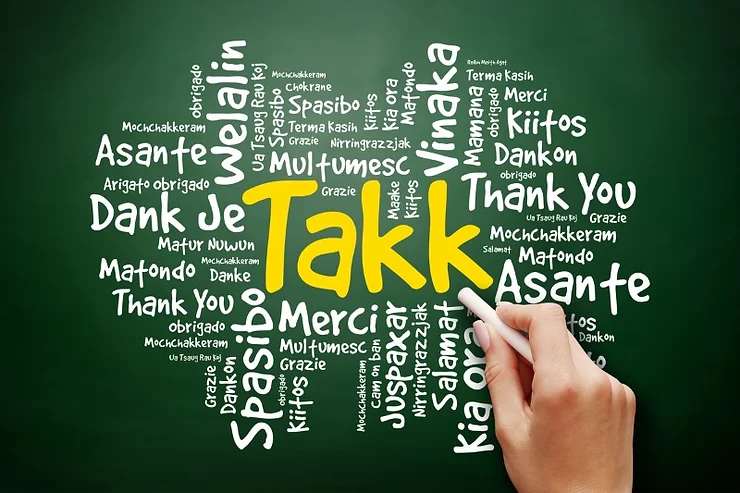
Is Icelandic the hardest language to learn?
People who are trying to learn the Icelandic language often say it's extremely difficult and will give you a headache.
So is it challenging to learn? Yes and no. Every language has things that make it difficult for non-native speakers. Phrasal verbs and pronunciation in English frustrate learners as much as conjugations, the subjunctive, and matching gender and number in Spanish or French. The same is true for mastering tones in Mandarin.
The difficulty in Icelandic is rooted in grammar. Like in German, Icelandic nouns have three genders (masculine, feminine, and neuter). You ask also have to consider the four cases (nominative, accusative, dative, and genitive) as you're speaking and putting sentences together. It's definitely more complex than English or Spanish; Spanish has only two noun genders an English has none. Neither language has the dative case either.
If all else fails, just get a pocket Icelandic language translator for your trip in your Iceland car rental.
Jaeja
Now let's forget all about grammar rules, vocabulary, and Icelandic pronunciation difficulties. Ignore people who tell you that you shouldn’t learn our lovely language because I'm about to let you in on a little secret. You'll impress your friends and coworkers with your newfound knowledge. Heck, even the people you meet on your travels might think that you are an advanced Icelandic speaker.
So what's the big secret? In a word, jaeja. This catch-all Icelandic word will be the solution to all your problems and is useful in any situation you might encounter. What does it mean exactly? Well, nothing! Because it means everything. Let me explain.
While it's technically an interjection that means "well", it really is so much more. It can be a question or a statement, and depending on the context can mean:
What’s up?
Ok fine.
Really?
Finally!
Oh…That's too bad
Yeah.
Well…
C’mon!
Whew! That's quite a lot, isn't it? Jaeja is the hardest-working little word in the Icelandic language. And now you are a Jaeja master. Let me offer you my sincere congratulations! You've officially achieved a C1 level in Icelandic. You’ll easily be able to blend in with Iceland’s 340,000 native speakers. Get out there and strike up a conversation.
History of the Icelandic language
The linguistic heritage of Icelandic is both fascinating and unique. No other place on Earth can claim to speak the language of the Vikings. While all Scandinavian languages share the proto Norse roots of North Germanic languages, the language currently spoken in Iceland most closely resembles the ancient tongue.
The Icelandic language family is an Indo European language that is closely related to Norwegian, Swedish, and Danish. Norway, Sweden, and Denmark were home to the seafaring Vikings of the 9th, 10th, and 11th centuries. The inhabitants of these countries shared a common language known as Old Norse.
When the roaming seamen settled Iceland in 874 AD, they brought their language, customs, and religion with them. Important meetings in Thingvellir were conducted in Norse.
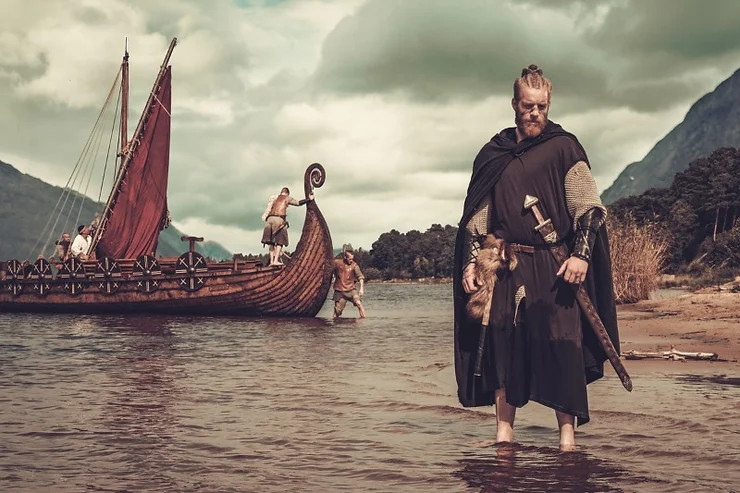
Ancient Icelandic was essentially the same Norse spoken by our Viking forefathers. And the language really hasn't changed or evolved much since then. We are located on a small Nordic island in the North Atlantic Ocean far away from everyone else. This means our language hasn't really had an influx of foreign influences like other countries in mainland Europe.
The Icelandic Sagas
Something quite interesting from a linguistic point of view is that Icelanders can read the Icelandic sagas in their original language. The most important work in Icelandic literature was written in the Viking mother tongue old Norse. Understanding an ancient language is surprising, because most languages change and evolve significantly over such a long period of time. Old English, for example, was used until the 12th century and is pretty much indecipherable to modern-day English speakers.
Much of our country’s linguistic purity comes more from isolation and geography. Modern Icelandic hasn't strayed too much from the old Norse Viking settlers spoke over a thousand years ago.
Is English spoken in Iceland?
Icelandic isn't the only language spoken in Iceland.
People in Iceland speak English extremely well. In fact, the only people you'll find who don't really speak English are part of the older generation. English has become the global lingua franca, which means many children are required to study it as part of their compulsory schooling. Iceland is no exception, and English studies are mandatory for students as part of their curriculum.
Additionally, TV shows and movies are shown in English with Icelandic subtitles rather than being dubbed, and many popular Icelandic bands write their lyrics in English. This helps Icelanders not only have a pretty good ear for the language but also have easily understandable accents.
Other languages in Iceland
In addition to studying English, children also have to study Danish or another Scandinavian language. this means that Icelanders are at the very least trilingual. German, Spanish, and French are also popular foreign languages to study. And historically, the early period saw Irish clergymen speaking Gaelic and trade merchants speaking Dutch and Basque. Certain religious, trade, and nautical words as well as Latin have made their linguistic mark on our somewhat insular language.
The movement for Icelandic linguistic purism
At the beginning of the 19th century, a movement towards linguistic purism began in tandem with the Icelandic national movement for independence. They wanted to purge foreign words, particularly Danish (and now Engish), from the vernacular and come up with Icelandic equivalents. These loanwords from other languages are replaced with new ones that have roots in Old Icelandic and Old Norse.
The government fully supports this ideology with initiatives like Icelandic Language Day, The Icelandic Language Council, and the Icelandic Language Fund. The Árni Magnússon Institute for Icelandic Studies and Icelandic Language Institute ensure that new loanwords do not enter the lexicon and attempt to revive the language's Icelandic literature Golden Age.
Iceland Language: History, Pronunciation, and Useful Phrases
So there you have it. You're now an expert in the history, pronunciation, and use of the Icelandic language. Armed with some basic phrases, nothing can stop you. Get out there and take over the Icelandic-speaking world. Jaeja!





